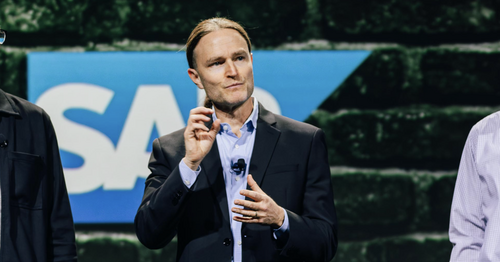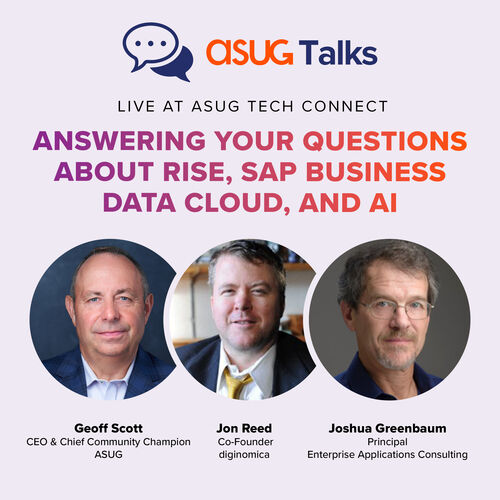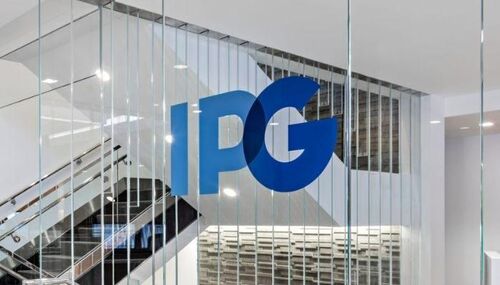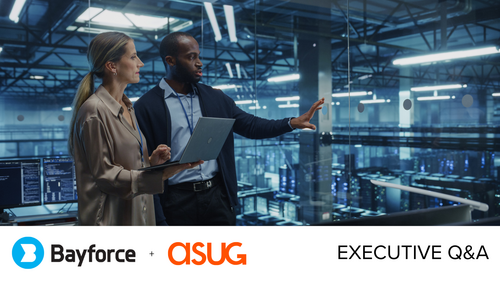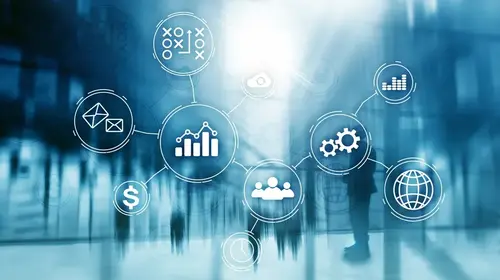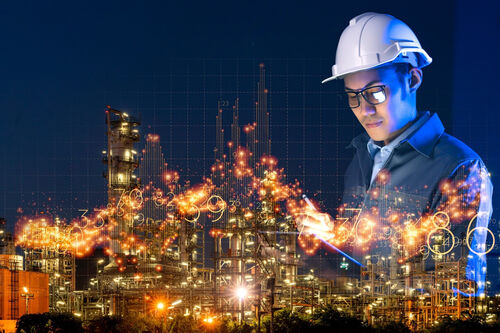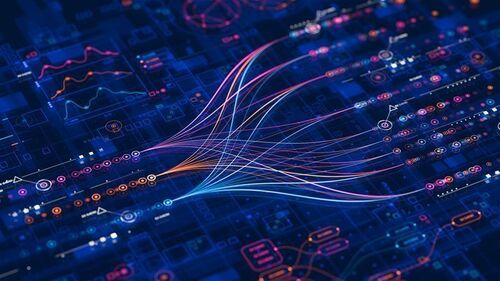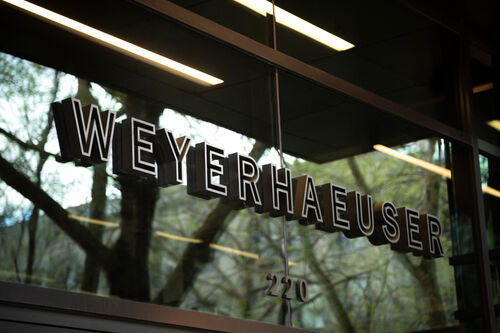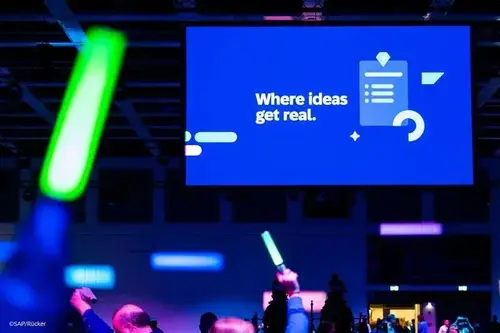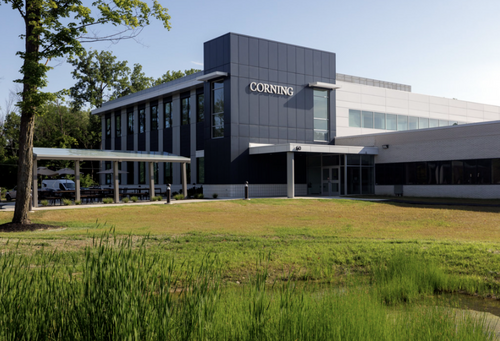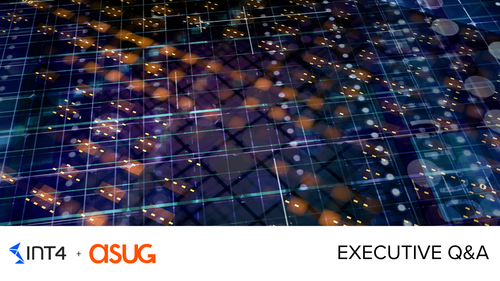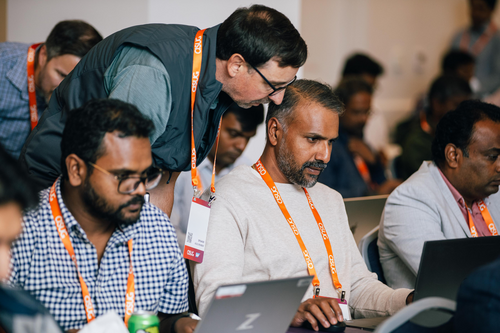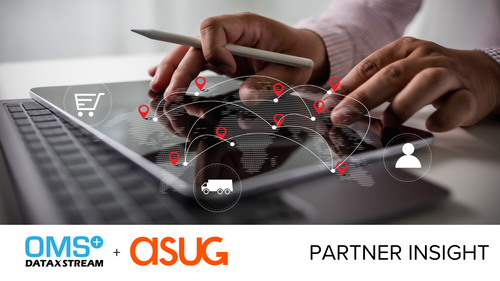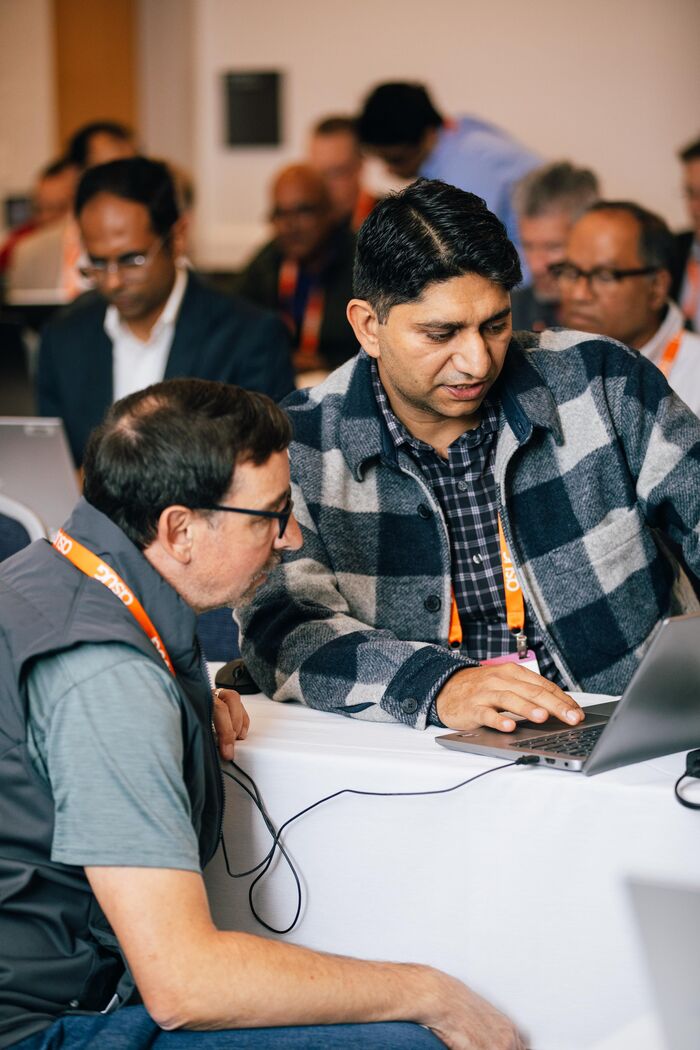Log in to save this article and keep your favorite resources in one place.

This content is exclusively for ASUG members
Log in to access the full article and explore more resources curated for the ASUG community.
In our recent article on SAP Leonardo, we discussed how the twin disciplines of machine learning (ML) and artificial intelligence (AI) are becoming real contributors within today’s IT systems. As they’re integrated with more enterprise resource planning (ERP) systems, these technologies are also starting to contribute to the bottom line of the business.
Adidas, Running Faster
We don’t have to look too far to find examples of artificial intelligence or machine learning in enterprises now building out digitally enabled supply chains and operational workflows. SAP invited sports manufacturing giant Addidas on stage during the SAPPHIRE NOW and ASUG Annual Conference in June 2018 to illustrate the workings of its prototype “speed factory” in Atlanta, Georgia.
This new innovation uses machine learning to deliver personalized shoes. It eliminates the wait time normally needed for Adidas to turn trends into shoes across a typical 18-month time frame. Instead, consumers design their own customized look in the prototype store/factory and the product is shipped to them within 24 hours.
You Might Be Interested In

Log in to save this article and keep your favorite resources in one place.

Log in to save this article and keep your favorite resources in one place.

Log in to save this article and keep your favorite resources in one place.
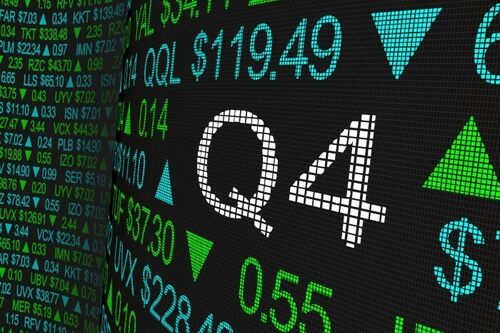
Log in to save this article and keep your favorite resources in one place.
This content is exclusively for ASUG members
Log in to access the full article and explore more resources curated for the ASUG community.
